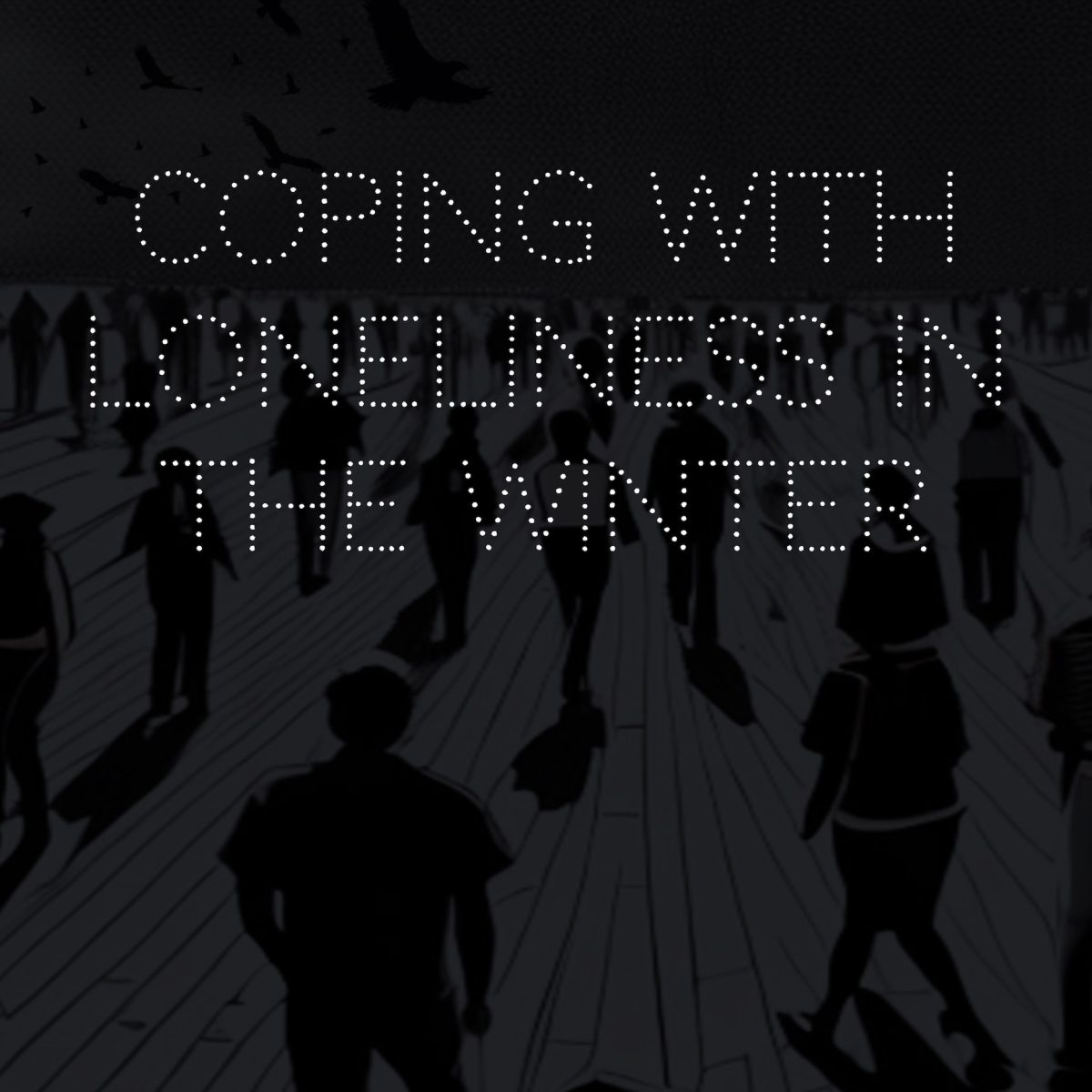During the winter, most people tend to feel isolated or have seasonal depression. This is because there are shorter days and less daylight that may set off a chemical change in the brain leading to symptoms of depression. Seasonal affective disorder (SAD) is a type of depression. According to mayoclinic, signs and symptoms of SAD may include:
- Feeling listless, sad, or down most of the day, nearly every day
- Losing interest in activities you once enjoyed
- Having low energy and feeling sluggish
- Having problems with sleeping too much
- Experiencing carbohydrate cravings, overeating, and weight gain
- Having difficulty concentrating
- Feeling hopeless, worthless, or guilty
- Having thoughts of not wanting to live
Depression is a serious mental health disorder that goes beyond ordinary feelings of sadness or unhappiness. It involves persistent feelings of hopelessness and a lack of interest in activities once enjoyed. It is important to understand that depression is not a sign of personal weakness and cannot be willed away. If you think you may be experiencing depression, it is essential to seek help from a healthcare provider. Women are generally affected more frequently than men, but depression can impact anyone.
Without treatment, depression can last for weeks, months, or even years, significantly affecting many areas of life. The good news is that most people respond well to a combination of medication and therapy, often seeing improvements within weeks. Taking the step to seek help is crucial for recovery and improved well-being.
Set goals considering your depression. Avoid overwhelming yourself by breaking larger tasks into smaller, manageable ones, and prioritize what’s important. Connect with others; sharing your feelings can be more beneficial than keeping them inside. Engage in activities you enjoy, like watching movies or gardening. Acts of kindness can also boost your mood. Ensure you get regular exercise and eat a healthy diet. Delay major decisions such as changing jobs or making relationship choices until you feel better. Discuss these matters with trusted friends for objective insight. Remember, recovery takes time, so cultivate patience and focus on the positives to help counter negative thoughts. With treatment, those negative feelings will gradually fade.










